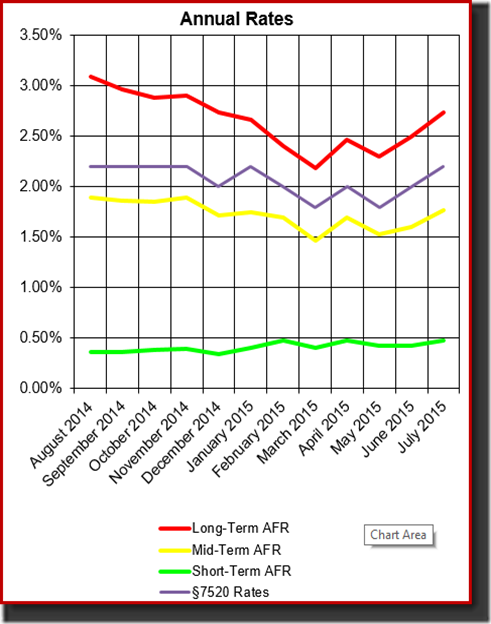Pump-and-dump occurs when corporate officers or other shareholders fraudulently promote shares of a company and engage in fraudulent sales to increase the value of shares. This is injurious to other shareholders who suffer losses when the value of the stock ultimately collapses.
Such shareholders will be able to deduct their losses, but to the extent they are long-term capital losses they can only use them to offset long-term capital gains and another $3,000 in income each year. To avoid these limitations, such shareholders would prefer to be able to deduct their losses as theft losses under Code Section 165(c)(3). That section allows a theft loss if a theft occurs is determined under applicable state law
In a recent case, a victim of a pump-and-dump scheme was denied theft loss treatment. Both court decisions and IRS pronouncements establish that for a theft loss to occur in most states, there must be a direct flow of property or funds from the victim to the wrongdoer, or that the wrongdoer at least specifically targeted the victim. For example, the IRS has long taken the position that stock acquired on the open market that loses value due to corporate misconduct is not eligible for the theft-loss deduction.
Since the victim here purchased his shares on the open market and not from the perpetrators of the fraud, these limitations prevented a theft for state law purposes. This is the case even though it is possible that some of the shares of the perpetrators may have been purchased by the victim, because the sale flowed through the open market mechanism.
The state here was Ohio, and Ohio does characterize embezzlement, wrongful conversion, forgery, counterfeiting, deceit, and fraud as “theft offenses.” However, the term “theft offense” does not itself define a substantive crime in Ohio — it is merely a list of other crimes that are grouped together in the Ohio Revised Code. As such, it does not constitute a “theft” for federal theft loss deduction purposes.
Greenberger, Et Al. v. U.S., 115 AFTR 2d 2015-XXXX, (DC OH), 06/19/2015

